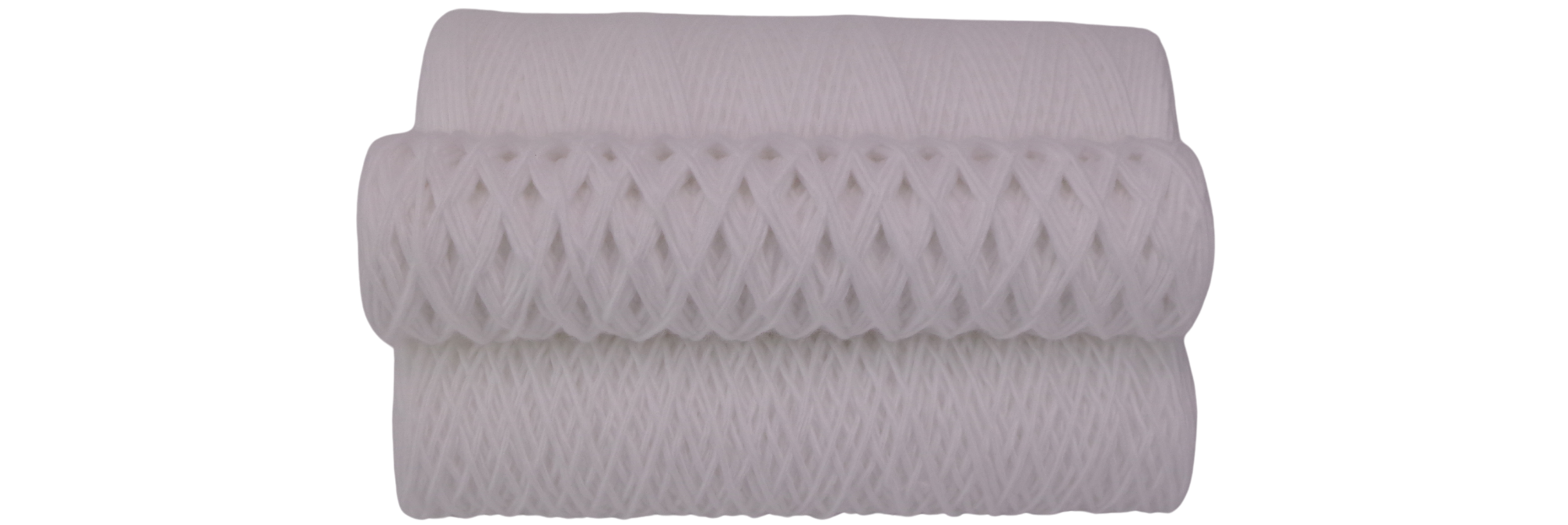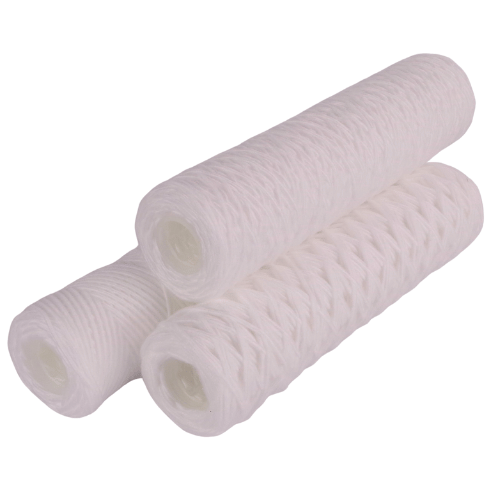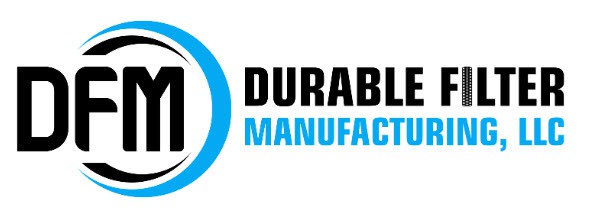
About String Wound Filters
A Time-Tested Technology, Refined for Modern Industry
String wound filters have been a trusted solution in fluid filtration for over half a century. Developed in the 1930s and gaining widespread use in the 1950s and 60s, string wound filters were originally designed for high-purity industrial processes where surface filters failed to provide adequate particle retention and longevity. Their durability, versatility, and effectiveness made them the gold standard across industries—from municipal water treatment to pharmaceuticals.
At Durable Filter Manufacturing, we’ve spent over 60 years perfecting this proven technology. Today, our string wound filters continue to outperform more recent filter types by delivering what matters most: reliable, consistent, depth filtration.
How String Wound Filters Work
String wound filters are engineered using a highly controlled manufacturing process where carefully selected filtration media—such as polypropylene, cotton, or polyester—is wound onto a core using specialized equipment that ensures precise tension, patterning, and density..
This advanced depth structure allows contaminants to be captured at multiple levels within the filter—not just on the surface—resulting in true depth filtration that performs reliably even under demanding conditions.
This design delivers critical advantages:
· Exceptional dirt-holding capacity
· Extended filter lifespan
· Stable, low pressure drop
· Fewer changeouts and reduced maintenance
· Reliable performance under pressure and flow variation
Why Choose String Wound Filters Over Other Types?
While newer technologies like melt blown, pleated, or spun bonded filters have entered the market, they often focus on cost savings over long-term performance. Here’s how string wound filters stand apart:
- Depth vs. Surface Filtration String wound filters trap particles throughout the media, not just on the surface—resulting in more thorough contaminant removal and longer-lasting performance.
- Customizable and Versatile Wound filters can be tailored to exact specifications: wide range of micron ratings, a wide variety of filter media and core materials
- Economical Over Time While unit costs may be higher than melt blown or pleated cartridges, string wound filters last longer and require fewer changeouts—delivering lower total cost of ownership.
- Structurally Superior Unlike melt blown or spun bonded filters that can collapse under high pressure or temperature, string wound filters maintain integrity—especially in demanding conditions like high-viscosity fluids, chemical processing, or variable flow rates.
Trusted Across Industries
String wound filters are relied on in:
- Food and beverage processing
- Pharmaceutical and medical applications
- Chemical manufacturing
- Municipal and well water treatment
- Metalworking and plating
- Petrochemical refining
- Power generation cooling systems

Looking for a Specific Filter?
Give Us a Call or Request a Quote
Built for Performance. Backed by Experience
At Durable Filter Manufacturing, we’ve built our reputation on the consistent quality of our string wound filters. Proudly made in the USA, our cartridges are crafted using locally sourced yarn and core materials, with hundreds of combinations available.
Whether you’re looking for a high-capacity sediment filter, a custom antimicrobial cartridge, or a food-grade wound filter built to spec, we can deliver a solution that meets your exact needs.
Discover the Difference of String Wound Filtration
Contact our team today to learn how a better filter can protect your system, extend service life, and improve overall efficiency.
